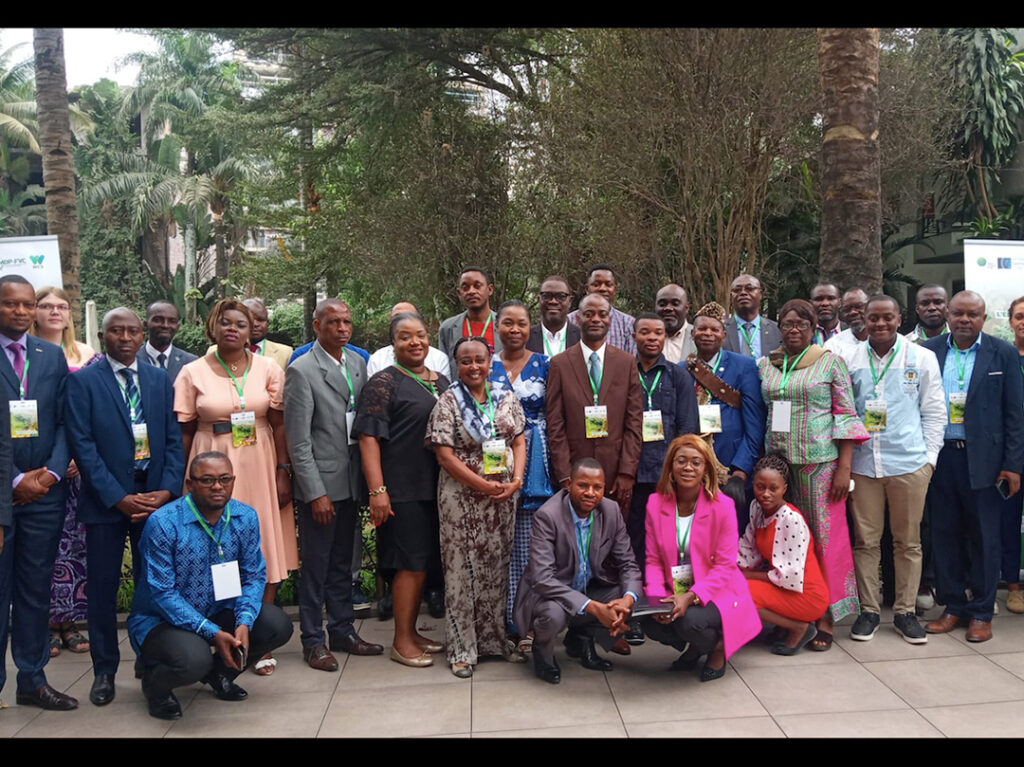The Green Climate Fund, in collaboration with WCS (Wildlife Conservation Society), launched readiness on the 30×30 strategy of the Democratic Republic of Congo. This country’s commitment made during CO15 in Montreal requires it to devote 30% of land and maritime areas to the conservation of biodiversity. The objective of this readiness is to enable the country to adopt a national strategy and an investment plan to be operational by 2030. The workshop for the launch of this preparatory activity took place in Kinshasa , this August 31.
« The process that led to this activity started in 2021. It aims to build capacity and develop a pipeline of projects whose purpose is to enable the DRC to align its priorities and ambitions in terms of development, biodiversity and climate, while protecting 30% of the country’s surface area by 2023,” said Isaac Kalonda Kanama, Designated National Authority of the Green Fund/DRC.
This preparatory proposal launched today will also contribute to preparing the Democratic Republic of Congo for the development of viable concept notes, and funding proposals to be submitted to the Green Climate Fund.
“WCS received funding to support the Congolese government to accelerate the 30×30 process. WCS acts as an implementing partner of the Green Climate Fund delegated by UNOPS for the preparation of the country for strategic approaches for investments contributing to the implementation of the national strategy. 30×30,” said Robert Munyihali, representative of the WCS national director.
The essential elements of this readiness will consist in providing the DRC with an economic and sustainable portfolio of this 30×30 product to meet both the need for conservation and the economic development of the country.
The success of such a strategy requires synergies at all levels. Thus, it is planned to organize consultations with indigenous peoples and local communities in the areas of intervention of WCS, and to carry out technical studies. This should contribute to the finish, to the development of an engagement plan for indigenous peoples and local communities. And, the development of a quantified and explicit 30×30 strategy aligned with national priorities.
Note that the DRC is among the countries having obtained approval of several readiness. However, it still faces barriers that prevent it from having several climate change adaptation and mitigation projects. These barriers include the lack of alignment between national climate strategies, insufficient human resources and planning capacity, and insufficient capacity to access climate financial resources.
Alfredo Prince NTUMBA






